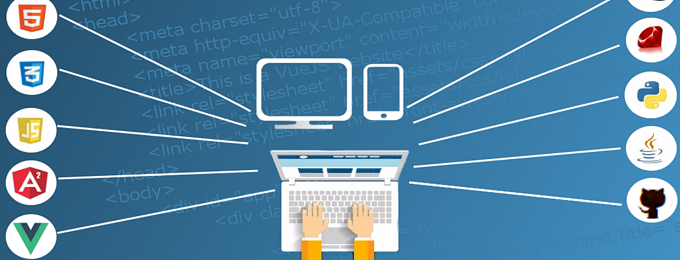A recent study provides insights on how remote schooling has influenced the lives of families in Europe during the first COVID-19 lockdown.
Under the project “Kids’ Digital lives in COVID-19 Times”, the Joint Research Centre (JRC) conducted a study on the perception of remote schooling activities during the pandemic in collaboration with various European research centres and the research office of UNICEF. The study provides first insights on how the COVID-19 lockdown in spring affected families’ digital life and remote schooling activities. Overall, nine EU-countries (Austria, France, Germany, Ireland, Italy, Portugal, Romania, Slovenia and Spain), Norway and Switzerland took part in the study, which surveyed parents with children in primary and secondary education (10-18 years old).
The results show that children in the 11 countries were spending typically half of their time online on digital learning activities. Just about all children who took part in the survey were able to engage in online learning activities, and many stated that their school had provided them with digital education platforms and digital communication tools. Nonetheless, the results also implicate large variations in children’s interaction in learning activities with their teachers and the regularity of children’s online contact with their teachers. In Italy, Norway, Portugal and Romania 75% and more of the children were able to interact daily in online activities, whereas in France, Ireland, Spain and Switzerland only 50 to 75% and between 34 and 41% of children in Austria, Germany and Slovenia interacted daily with their teachers. On the other hand, the study raises some concerns because some children had very infrequent contact with their teachers and no access to online learning activities. This number varies from 11% in Ireland to less than 1% in Italy.
Furthermore, the study looked into the worries of parents and children due to the remote schooling. Generally, parents worried about the possible negative effect of the remote schooling to their children’s education. The children, on the other hand, worried about not being able to keep up with the workload and receiving poor grades because of the online learning activities. Many even reported that their workload has increased during the lockdown. Approximately 40% of children in Austria, Portugal, Slovenia and Spain stated that the workload was higher than before the lockdown.
The findings also point out that the economic background of families can influence the way children feel about their capacity to cope with online learning activities. Children who reported to feel less strongly about their own capability to deal with the remote schooling almost exclusively came from households with a below-average income.
Lastly, the results show that families wish for more support from the school if the schools need to close again. Over 65% of all countries wanted guidelines, which could help them support their children in distance education activities and homework. Similar results are presented in a separate study in Switzerland, which states that 35% of parents were overwhelmed by the home-schooling responsibilities. Various other studies about the impact of COVID-19 on education in Switzerland and beyond, ongoing or already published, are available on an online sharing platform created by a collaboration of the EPFL Center for Learning Science (LEARN), the Swiss Conference of Cantonal Ministers of Education (EDK/CDIP) and the Swiss State Secretariat for Education, Research and Innovation (SERI).

